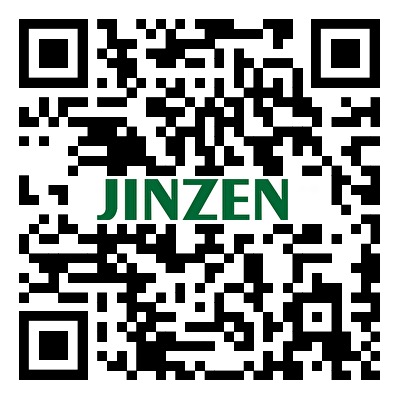-
 Industry News- Essential Juki Sewing Machine Parts Every Workshop Needs
Industry News- Essential Juki Sewing Machine Parts Every Workshop Needs -

-

-

-

-
 Company News- JINZEN at Georgia World Congress Center
Company News- JINZEN at Georgia World Congress Center
- JINZEN Sewing Machine Spare Parts
- JINZEN Accessories
- JUKI Sewing Machine Spare Parts
- BROTHER Sewing Machine Spare Parts
- PEGASUS Sewing Machine Spare Parts
- SIRUBA Sewing Machine Spare Parts
- KANSAI Sewing Machine Spare Parts
- YAMATO Sewing Machine Spare Parts
- Kingtex Sewing Machine Spare Parts
- JACK Sewing Machine Spare Parts
- Other Brand Sewing Machine Spare Parts
- Household Sewing Machine Spare Parts
- Cutting Sewing Machine Spare Parts
- Leather Sewing Machine Spare Parts
Essential Juki Sewing Machine Parts Every Workshop Needs
Industry News-In a sewing workshop, having the right components is crucial to ensure smooth and efficient operations. Among the various machines, the Juki sewing machine is known for its reliability and durability. To maintain such machines in good working order, understanding the essential Juki Sewing Machine Parts is important for any workshop. These parts support continuous production, reduce downtime, and keep the equipment functioning effectively.
One of the commonly replaced Juki Sewing Machine Parts is the needle. Needles come in various sizes and types to suit different fabrics and sewing tasks. Selecting the appropriate needle for specific jobs can improve stitch quality and reduce thread breakage. Regular replacement of needles is necessary because they wear out over time, which can affect sewing precision.
The bobbin case is another important component among Juki Sewing Machine Parts. It holds the bobbin and controls the thread tension from the lower side of the machine. A properly functioning bobbin case ensures even stitching and prevents thread jams. Workshops often keep spare bobbin cases to quickly resolve any issues that arise during operation.
The feed dog mechanism is also an essential part of Juki Sewing Machine Parts. This component moves the fabric forward between stitches, controlling the fabric’s pace and alignment. A worn or damaged feed dog can result in fabric slipping or uneven stitches. Maintaining and replacing this part as needed helps to keep sewing consistent.
Another critical element is the presser foot. It holds the fabric flat against the feed dog during sewing. Different types of presser feet are available depending on the sewing task, such as zipper feet, walking feet, or quilting feet. Having a variety of presser feet as part of the Juki Sewing Machine Parts inventory allows workshops to handle diverse sewing projects effectively.
The tension assembly is vital for controlling the tightness of the thread on the fabric. Problems with tension can cause puckering or loose stitches, affecting the final product’s appearance and strength. Workshops often monitor and replace tension disks and springs within the Juki Sewing Machine Parts collection to maintain stitching quality.
Timing belts and motors are also among the Juki Sewing Machine Parts that require attention. The timing belt synchronizes the needle movement with the fabric feed, and any misalignment can result in skipped stitches or machine damage. The motor powers the machine’s movement, and ensuring it operates without issues helps maintain productivity.
Lubrication parts and oil play a supportive role in keeping the Juki Sewing Machine Parts working smoothly. Proper lubrication reduces friction between moving parts, preventing wear and overheating. Regular maintenance routines often include oiling key components to extend the lifespan of the machine.
Thread guides and tension springs are smaller yet essential Juki Sewing Machine Parts. They guide the thread correctly through the machine and maintain consistent tension. Even minor damage to these parts can cause thread breakage or uneven stitches, so workshops keep these components in stock for timely replacement.
Bobbin winders are another set of parts crucial for efficient sewing. They allow the bobbin to be wound with thread quickly and evenly. Keeping bobbin winders well-maintained or replacing worn ones from the Juki Sewing Machine Parts supply ensures smooth thread preparation.
The needle plate is a flat metal piece positioned under the needle and presser foot. It provides a stable surface for fabric movement and often has markings for seam allowance guidance. Damage or wear to the needle plate can cause needle breakage or fabric damage, so it is an important part to monitor among Juki Sewing Machine Parts.
Workshops also need to consider electrical components within the Juki Sewing Machine Parts collection. Switches, foot pedals, and wiring harnesses control the machine’s power and speed. Ensuring these parts are in good condition reduces the risk of electrical faults and improves user safety.



 Español
Español 中文简体
中文简体 عربى
عربى


